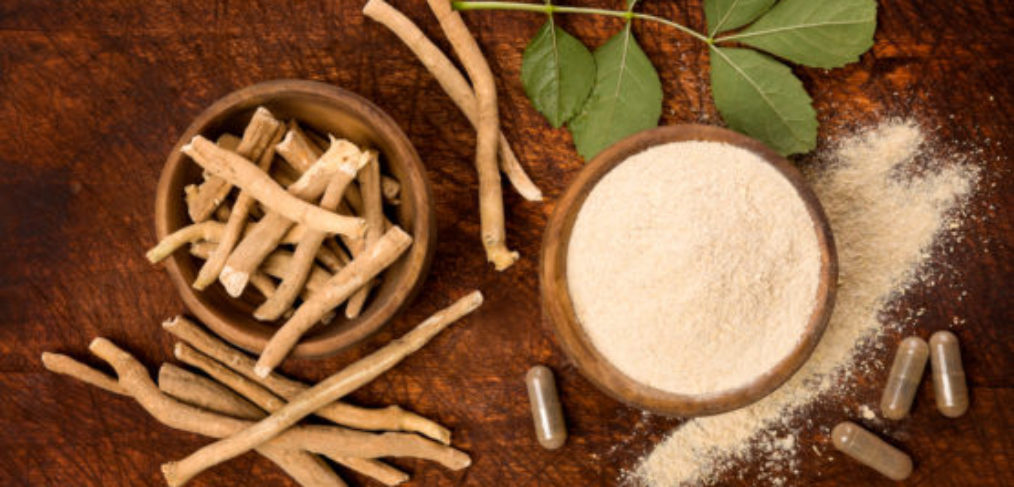Ashwaganda: Helpful or Hype?

Aside from being a trendy ingredient in anything from coffee substitutes to energy bars, Ashwagandha is an important herb in Ayurveda, a traditional form of alternative medicine based on Indian principles of natural healing (1).
Withania somnifera, known commonly as ashwagandha or winter cherry, is an evergreen shrub in the Solanaceae or nightshade family that grows in India, the Middle East, and parts of Africa (2).
People have used ashwagandha for thousands of years to relieve stress, increase energy levels, and improve concentration (3).
But is it really something we should all be jumping on the bandwagon to include into our daily routines?
Absolutely not.
While it certainly has health benefits when appropriately administered, certain populations would best be served by first doing a little research and consulting with their functional medicine doctors or naturopath for guidance before simply picking the most popular brand from the shelves of the local health food store.
Certain groups of people should avoid using ashwagandha, including those who have medical conditions like diabetes, high or low blood pressure, stomach ulcers, autoimmune disease, or thyroid disorders.
Those in the know about autoimmune conditions, including MS, lupus, RA, eczema, rosacea and type II diabetes, to name a few, may be familiar with an autoimmune protocol of eating.
Typically, this includes staying away from the nightshade plants. Nightshades aren’t harmful to everyone, but they are often harmful to people with autoimmune or thyroid issues. All nightshades contain toxic compounds called Glycoalkaloids, natural pesticides produced by nightshade plants. They also contain several compounds that can drive inflammation and undermine gut health.
Given that ashwaganda is a nightshade plant, those with known autoimmune or thyroid issues would best be served by including this herb with a dose of caution prior to adding it to the supplement list.
However, it certainly doesn’t mean that everyone else who does not have a similar set of health circumstances should ingest large amounts of this, or any other herb for that matter.
Important to remember that even though it’s a plant as opposed to man made in a laboratory, natural doesn’t necessarily equate to safe.
As someone who wholeheartedly believes that food is medicine and that we can indeed find many cures in nature for what may ail us, understanding the power and potency of just what we’re about to take, be it in the form of a whole food, a powder or a pill, is crucial.
From collagen powder to vitamin C, from a multi-vitamin to a protein supplement, unless we truly know where the product came from, how it was extracted and processed and how rigorously it was tested, we may not be privy to the whole picture of what we’re about to put into our body, let alone whether or not we actually need it and would be helped, or harmed by it.
Best bet?
Once again, become your own detective. Seek experts, such as functional medicine doctors who specialize in your specific set of circumstances and work as a team to determine if what may seem like the trendy thing to take is truly in your best interest.
Finally, it goes without saying that those who are pregnant or breastfeeding benefit from being particularly mindful about what is ingested, often due to lack of evidence supporting safety for both mom and baby.
Speaking from personal experience, it can feel even more tricky to decipher what, if any, supplements or vitamins to take during this incredible time.
For me, finding trusted experts, whose expertise I trusted implicitly was the key; those included my midwife, my doula and my naturopath / functional medicine doctor.
Food is medicine, knowledge is power… combine the two as your foundation and you’re off to a great start!!
(1) https://www.healthline.com/nutrition/ashwagandha
(2) https://en.wikipedia.org/wiki/Withania_somnifera
(3) https://pubmed.ncbi.nlm.nih.gov/32201301/





